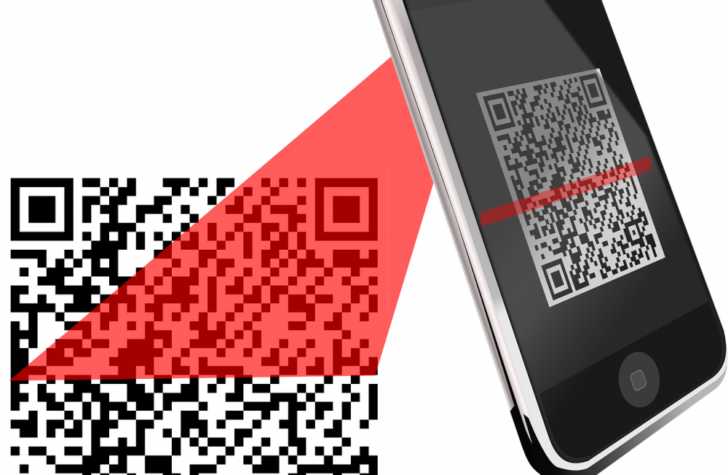Messenger Apps: Revolutionizing Communication in the Digital Age

INTRODUCTION:
Messenger apps have revolutionized the way we communicate in the digital age. These mobile applications provide instant messaging, voice and video calling, file sharing, and various other features, all in one platform. Whether you want to catch up with friends and family, collaborate with colleagues, or connect with new people, messenger apps have become an indispensable part of our lives. In this article, we delve into the world of messenger apps, exploring their evolution, functionalities, and the impact they have had on our daily lives.
I. The Rise of Messenger Apps:

A. Definition and Features:
– Messenger apps are mobile applications that facilitate real-time communication through text, voice, video messages, and other multimedia.
– Key features include group chats, multimedia sharing, encryption, and integration with other platforms.
B. The Need for Instant Communication:
– The emergence of messenger apps can be attributed to the growing need for instant communication in a fast-paced world.
– The shift from traditional and costly SMS services to free messaging apps laid the foundation for their popularity.
– Messenger apps offered a convenient platform for people to stay connected, irrespective of geographical barriers.
C. Competitive Landscape:
– The market is dominated by leading platforms such as WhatsApp, Messenger, WeChat, and Telegram, each offering unique features and functionalities.
– Companies constantly strive to innovate and introduce new features to stay ahead of the competition.
II. Evolution of Messenger Apps:
A. Early Beginnings:
– The first messenger app, AIM (AOL Instant Messenger), was launched in 1997, allowing users to send instant messages over the internet.
– It paved the way for other platforms like ICQ, Yahoo! Messenger, and MSN Messenger.
B. Mobile Messaging:
– With the emergence of smartphones, messenger apps transitioned to mobile platforms in the late 2000s.
– WhatsApp, launched in 2009, revolutionized the market by offering free messaging over internet connections.
C. Enhanced Features and Integrations:
– Messenger apps evolved to offer voice and video calling, as well as multimedia sharing capabilities.
– Integration with social media platforms, like Facebook Messenger, further expanded their functionalities.
D. Emphasis on Privacy and Security:
– In recent times, messenger apps have placed increased focus on privacy and security features, such as end-to-end encryption.
– These measures aim to protect users’ personal information and conversations from unauthorized access.
III. Impact on Communication and Society:
A. Changing Communication Patterns:
– Messenger apps have transformed the way we communicate, leading to a decline in traditional forms like phone calls and SMS.
– Real-time messaging and notifications have made communication more convenient and efficient.
– Group chats facilitate collaboration, enabling people to coordinate, share information, and make decisions collectively.
B. Breaking Barriers:
– Messenger apps have bridged the gap between cultures and countries, enabling seamless communication across borders.
– Language translation features have further eliminated language barriers, fostering global connections.
C. Business and Social Impact:
– Messenger apps have revolutionized business communication, facilitating instant interaction between colleagues and clients.
– The rise of chatbots in messaging platforms has transformed customer service and support functions.
– Socially, messenger apps have provided platforms for activism, connecting like-minded individuals and empowering communities.
CONCLUSION:
In conclusion, messenger apps have revolutionized communication, providing a plethora of features that have changed the way we connect with others. From humble beginnings to global dominance, these apps have come a long way, continuously evolving to meet users’ needs. With their impact on communication patterns and societal changes, messenger apps have become an integral part of our personal and professional lives. As we move forward, it will be interesting to see how messenger apps continue to innovate and adapt to the ever-changing digital landscape.
References:
– Source 1
– Source 2
– Source 3

















